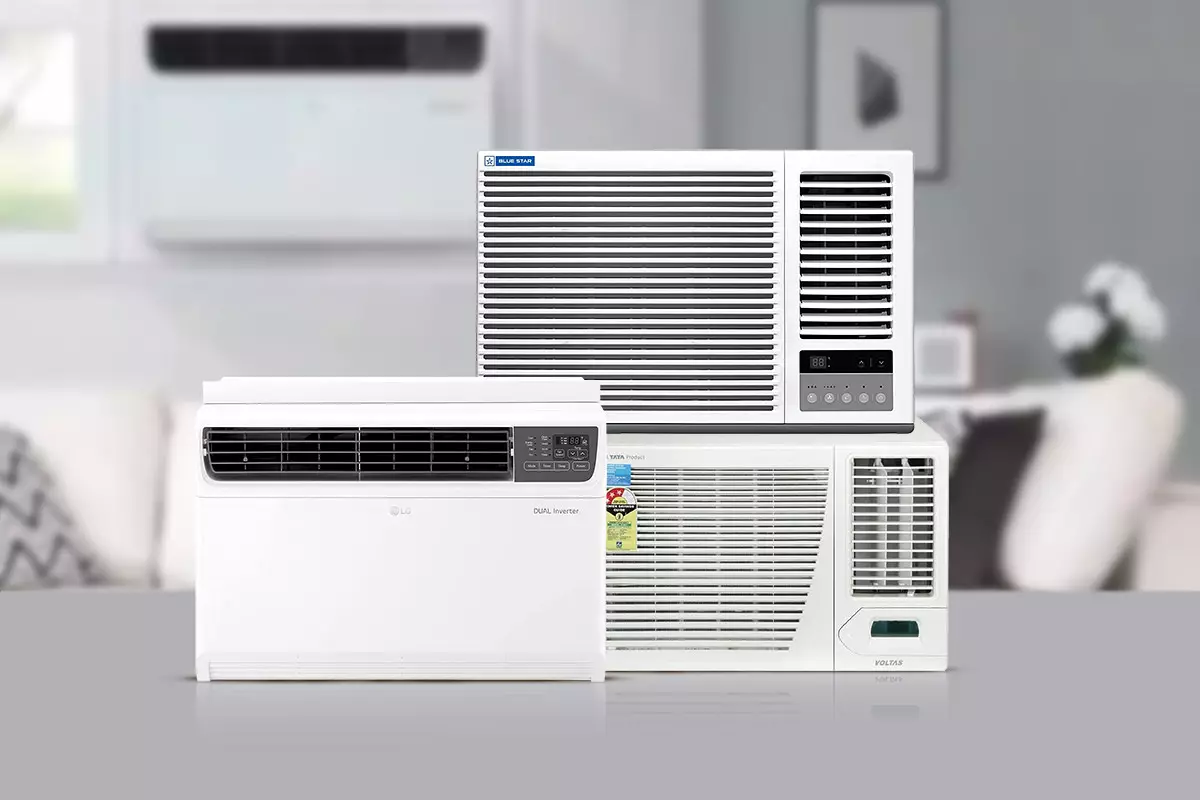In the sweltering heat of modern India, the surge in demand for air conditioners symbolizes more than just a desire for comfort; it reveals a societal complacency towards energy consumption and environmental impact. While the market offers a plethora of budget-friendly options, these seemingly affordable devices often mask deeper issues—ranging from questionable durability to inefficient energy practices. Consumers, lured by low prices and quick relief, tend to overlook critical factors like long-term sustainability and health concerns, exposing a dangerous tendency to prioritize short-term gains over responsible choices.
The Mirage of Reliability in Budget ACs
Brands such as Voltas, Godrej, Lloyd, Carrier, and Haier dominate the affordable segment with claims of cutting-edge features, but this oversaturation breeds consumer skepticism. For instance, while Voltas markets its 1.5-ton model with “Turbo Mode” and “Low Gas Diagnosis,” these features often overpromise and underdeliver in the real world. The promise of durability with copper coils coated with anti-rust or anti-corrosion layers may sound reassuring, but without rigorous long-term testing, these claims remain superficial. Consumers are often dazzled by these marketing tactics, missing the potential for rapid wear and tear that cheap construction can entail, leading to increased electronic waste and unnecessary financial burden.
Environmental and Health Risks of Low-End Units
The push for inexpensive cooling solutions inadvertently fosters environmental degradation. Many of these units operate on non-inverter compressors with fixed speed, leading to higher energy consumption over time—a contradiction to India’s climate commitments and global sustainability goals. Moreover, features like filters claiming to trap dust or odors might be superficial, as cheaper filters often lack the efficacy needed to truly improve indoor air quality. Paradoxically, in an era where air pollution is a critical concern, these models may contribute to indoor air stagnation or poorly filtered air that can exacerbate health issues, especially for children and the elderly.
Cost Versus Value: A False Dichotomy
While the initial price tags are attractive, the hidden costs associated with these budget models tell a different story. Frequent repairs, higher electricity bills, and the premature replacement of units can make these ACs more expensive in the long run than investing in a slightly more expensive, energy-efficient system. This short-sighted approach undermines the goals of responsible consumerism, forcing households into cycles of continual financial drain rather than long-term stability. The auto-restart, self-diagnostics, and filters, though marketed as advanced features, often become non-functional or ineffective after a short period, resulting in a false sense of security.
The Broader Ethical and Political Implications
From a socio-political perspective, promoting these budget-friendly yet potentially inferior products raises ethical questions about corporate responsibility and environmental stewardship. Manufacturers prioritize profit margins over product longevity and environmental sustainability, exploiting the consumer’s desire for affordability. In a broader sense, society must challenge the narrative that consuming cheap, disposable appliances is acceptable, especially when it contributes to global warming, pollution, and health crises. There is a moral obligation for both regulators and consumers to advocate for higher standards, promoting products that are not only affordable but also responsible in design, durability, and ecological footprint.
A Call for Conscious Consumerism
Instead of falling prey to the allure of low prices, consumers need to adopt a more discerning approach. Investing a little more in energy-efficient, durable, and environmentally friendly ACs is an act of political and social responsibility. It encourages manufacturers to improve product standards, prioritize sustainability, and reduce electronic waste. Moreover, it urges policymakers to enforce stricter regulations on product quality and environmental impact, rather than merely encouraging consumption through subsidies or price caps. Critical thinking and ethical considerations must become integral to how we make purchasing decisions in an era marked by climate crisis and societal inequality.

Leave a Reply